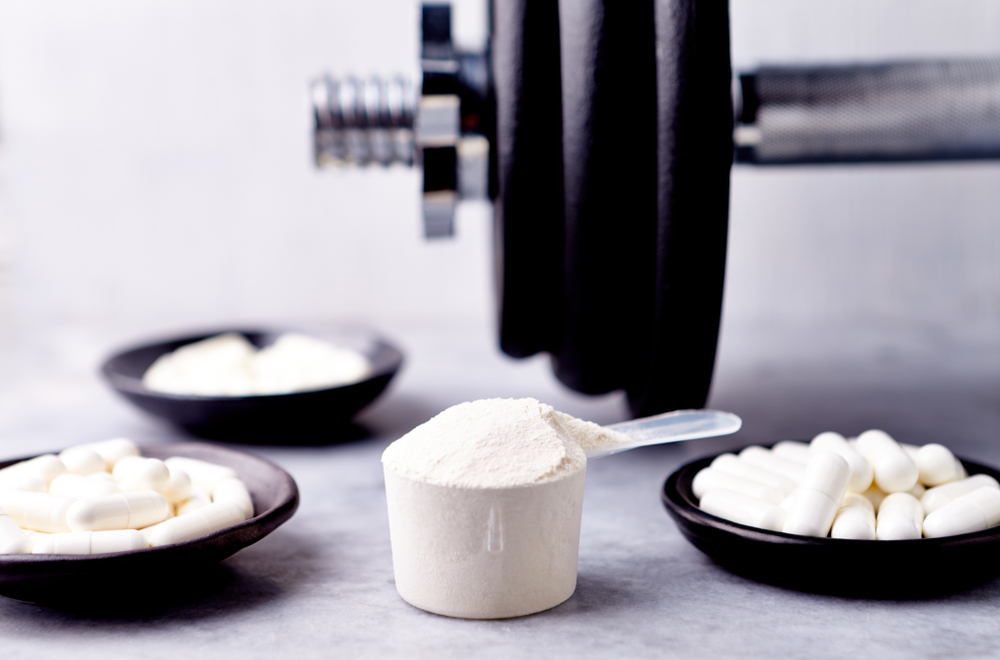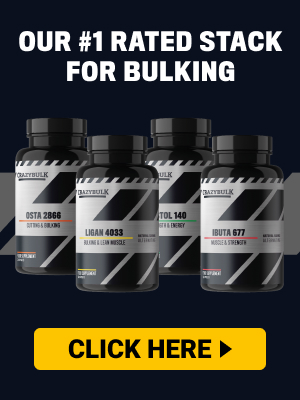Beta-Alanine For Bodybuilding
Bodybuilding and supplements mean a ton of choices and composition. Whenever you take a pre-workout before the full session, you feel a tingling sensation all over your arms and legs, most probably. What you are feeling is called paresthesia, which is one of the side-effects of beta-alanine.
Other effects of beta-alanine include improvement of physical performance and increase in physical strength and endurance. Beta-alanine is growing in popularity as a supplement among fitness enthusiasts for its overall health benefits. Besides improving general physical performance, it also aids in preventing muscle soreness.
Sounds like an antidote to make you the next superhero, right? But before you jump to conclusions, keep reading to know its composition, effects, benefits, and its drawbacks as well.
What is Beta-Alanine?
Simply put, beta-alanine or 3-amino propionic acid is a non-essential amino acid that is found naturally in the human body. It produces carnosine, which is stored in the skeletal muscles when it comes in contact with histidine.
Technically speaking, beta-alanine is a composition of carnosine, histidine, dipeptides, anserine, and vitamin B5 (pantothenic acid). The structure of this component is a hybrid of potent neurotransmitters L-glycine and GABA (gamma-Aminobutyric acid). This particular chemical structure gives the supplements its caffeine-like response.
Beta-alanine is not responsible for building muscles by synthesizing proteins, but it is accountable for improving exercise performance. Unlike essential amino acids like l-histidine or leucine, your body is capable of producing beta-alanine on its own.
This self-producing amino acid is not commonly found in food, but there are some ways to produce beta-alanine.
- Released during the breakdown of carnosine.
- As a secondary byproduct, when you convert L-alanine to pyruvate.
- During digestion, the intestinal microbes remove a carbon atom from L-aspartate, releasing both beta-alanine and carbon dioxide.
- When taken as a supplement, beta-alanine passes from the blood to the skeletal muscles using beta-alanine and taurine as transport. When they enter the skeletal, it binds with L-histidine that forms dipeptide carnosine.

How Does Beta-Alanine Work?
Beta-alanine gets converted to other chemicals in the body that can affect the muscles. So what happens to your muscles?
After an intense workout, your body usually uses glucose for energy. Lactic acid gets accumulated in the muscle tissues as a byproduct of glycolytic metabolism and causes the tingling or burning sensation all over your limbs.
The concentration of hydrogen ions increases while the pH level drops as it reduces your muscle functions. You further experience muscle fatigue and soreness, as well as you push yourself to higher intensity reps.
This is where the benefits of beta-alanine comes into the picture by limiting the rate to synthesize your muscle carnosine.
Carnosine helps buffer the muscle cells, which further reduces the fatigue feeling in your muscles during the exercise. Carnosine is responsible for increasing muscle function and performance.
Hence, beta-alanine is that factor that keeps you going on whenever you are planning to go through a long workout session.
What Are The Benefits of Beta-Alanine on Bodybuilders?
It enhances exercise performance: The primary benefits of beta-alanine supplement is the effect it has on improving intra-muscular strength by increasing the carnosine levels present in the muscle tissue. The intake of beta-alanine has shown a tremendous increase in the capacity of exercise performance.
This is mostly because it discourages muscle fatigue by decreasing lactic acid level accumulated in the muscle tissue. This is a common bodily function in bodybuilders who are used to intense workouts.
It increases endurance during extended workout sessions: Beta-alanine supplement supports anaerobic exercise for an extended time. Most bodybuilders take this supplementation as they require going through an intense workout for long hours.
Besides benefiting the runners’ time trial, beta-alanine reduces lactate concentration, which simply means it increases your endurance for long hours of exercising without feeling fatigued.
Beta-alanine speeds the process of building muscle mass quicker as it generates significant muscle energy to show results in a shorter time. This increase in endurance is because of the fact that it prevents lactic acid build-up while increasing the carnosine levels.
It builds muscle mass: Building muscle mass in a short period while performing a high-intensity session requires the right supplement. This is where you depend on beta-alanine supplements.
As it increases your endurance for an extended workout session, it shows better results in a matter of weeks as compared to those without beta-alanine supplements.
It improves sprint performance: Besides the fact that beta-alanine enhances your physical performance and endurance, it is also a known fact that it helps you run more efficiently when you go sprinting. This supplement is not just for bodybuilders but for runners, sprinters, and cyclists as well.
It can increase your capacity for high-intensity workouts: As you burn fats during high-intensity workouts, you can still achieve a favorable composition in your body with the support of beta-alanine. It has the effect of delaying the onset of muscle fatigue, allowing you to train longer.
Under the supplementation of beta-alanine, you will notice improvements in ventilator threshold, time to exhaustion, and training volume.

When and How to Take Beta-Alanine Supplements for Best Results
The best time to take beta-alanine for optimum benefit is prior to any exercise. We have learned that beta-alanine increases your carnosine level to improve your physical performance and endurance. This will decrease your lactic acid level in your muscles and help you achieve optimum muscle gains from your workouts.
The recommended dosage of beta-alanine is about two to five grams in a day. For better results, consume them with a meal.
Safety and Side-Effects
Excessive intake of any supplement is not safe. Likewise, there is a limit to the daily dosage of beta-alanine. Exceeding the dosage limitation may cause paraesthesia, which is the feeling of an unusual tingling sensation around the neck, face, and back of your hands. To avoid this, try having beta-alanine in small doses of 800mg at a time.
When your dosage intake is more than 800 mg, you may develop moderate or severe paresthesia, which may last up to 60 to 90 minutes.
Taking beta-alanine on an empty stomach will increase blood concentrations. However, those who take beta-alanine for its stimulant effect have been reported to achieve more consistent results when taken on an empty stomach.
Excessive intake may also lead to a decline in taurine levels.
Having your beta-alanine combined with creatine makes a perfect pre-workout supplement. While it is safe to have a supplement that will help you work out for an extended period without feeling fatigued, do mind the dosage and frequency of beta-alanine to avoid excessive intake.



